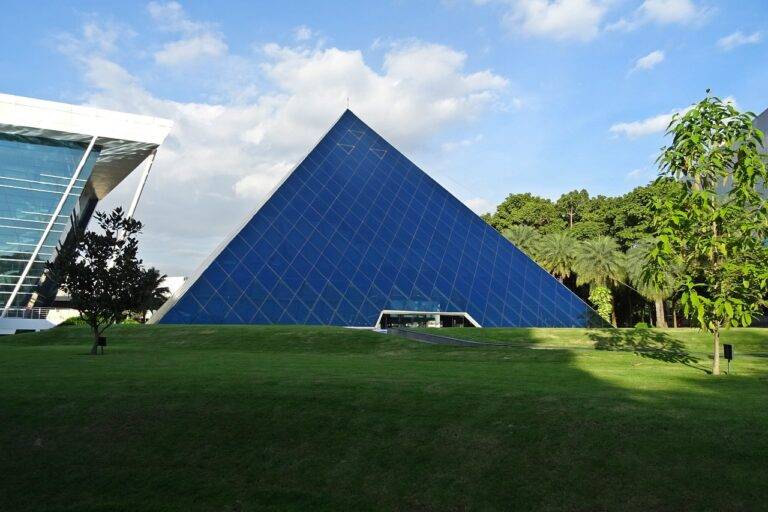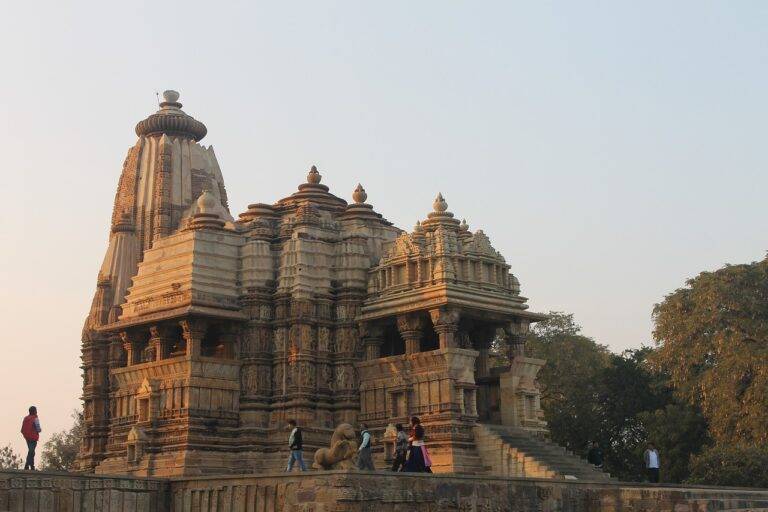Assessing the Role of Religion in Shaping Electoral Preferences
Religious beliefs have long played a significant role in shaping individuals’ voting behavior. Studies have shown that religious affiliations can strongly influence the political preferences of individuals, with social issues such as abortion, same-sex marriage, and euthanasia often being key determinants in how people cast their votes. These beliefs can be deeply ingrained in a person’s moral framework, leading them to align with political candidates who share their religious views.
Furthermore, religious institutions and leaders often play a role in guiding their followers’ political choices. Endorsements from religious figures can sway voters towards a particular candidate or party, emphasizing the importance of appealing to religious communities in electoral campaigns. The intersection of religion and politics can be complex, with individuals navigating how their faith intersects with their civic duties and responsibilities as voters.
Historical Perspectives on Religion and Politics
Many ancient societies intertwined religion and politics seamlessly, with rulers often seen as divinely appointed or chosen by the gods. In these early civilizations, religious beliefs heavily influenced governance and decision-making processes. For instance, in ancient Egypt, the pharaoh was considered a god and the intermediary between the people and the divine realm, with religious ceremonies and rituals playing a significant role in maintaining social order.
Similarly, in ancient Greece, the concept of a divine mandate for rulers was prevalent, with leaders seeking guidance and approval from the gods through oracles before making important decisions. The Greek city-states were known to have specific patron deities, whose favor was sought for success in battles and governance. This close relationship between religion and politics in the ancient world laid the foundation for the intertwined nature of these two spheres that would continue to influence societies throughout history.
How have religious beliefs historically influenced voting behavior?
Throughout history, religious beliefs have often played a significant role in shaping individuals’ voting behavior. People may align their political choices with their religious beliefs on issues such as abortion, same-sex marriage, and social welfare policies.
What are some key historical perspectives on the relationship between religion and politics?
Historically, religion has been intertwined with politics in various ways. For example, the Catholic Church has wielded significant political influence in Europe, while the Protestant Reformation led to the rise of new political movements. In the United States, the separation of church and state has been a key principle since the founding of the nation.
How have religious institutions and leaders historically influenced political decisions?
Religious institutions and leaders have often played a role in influencing political decisions throughout history. They may advocate for specific policies, endorse candidates, or mobilize their followers to support particular political causes.
How has the relationship between religion and politics evolved over time?
The relationship between religion and politics has evolved over time, with shifts in power dynamics and changes in societal attitudes towards religion. While religion has historically played a significant role in politics, there has been a trend towards secularization in many societies in recent decades.
What are some key examples of the intersection of religion and politics in history?
Some key examples of the intersection of religion and politics in history include the influence of the Catholic Church during the Middle Ages, the Protestant Reformation’s impact on European politics, and the role of religious leaders in social movements such as the Civil Rights Movement in the United States.





